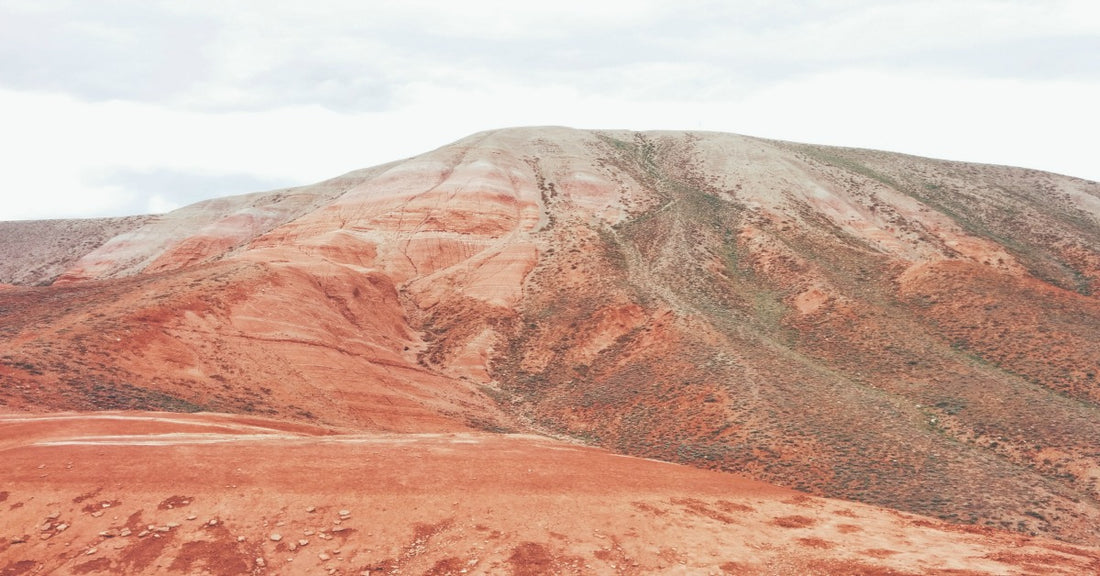
Coffee on Mars? Here's what science says
LifestyleIT MAY NOT BE SCIENCE FICTION AFTER ALL
So the idea of one day putting humans on Mars used to be an idea that only existed in science fiction books and movies. As the years go on, however, it not only becomes a much more real possibility, but companies like SpaceX are actively working towards putting a human settlement on Mars in the next few decades.
We talked to theoretical physicist and scientist Dr. Michio Kaku on our Fueled By Death Cast podcast and asked him about getting to Mars, what we can do when we get there and whether we should bring coffee.
In the future do we make it to Mars?
Dr. Michio Kaku: "Well, let's get a timetable. First of all, next year 2019 the first moon rocket will go back to the moon after a 50-year gap. The SLS booster rocket of NASA and the Orion space capsule are scheduled to orbit around the moon in an unmanned mission in December of 2019. Then 2023, humans, astronauts will go back to the moon. Then by 2026, we hope to have a lunar orbiter that orbits the moon to create a rocket ship that'll take us to Mars. So the moon is going to be a halfway stop. We'll stop on the moon. It's only three days away by rocket. Build the Mars ship in space and then shoot the Mars rocket to Mars for a two-year journey. That'll take place sometime around 2030, 2035."
"Then once we get that off the ground, a small settlement of astronauts will be created and, perhaps by the end of the century, perhaps will have a few hundred colonists on Mars. Elon Musk envisions a million colonists. Each rocket containing maybe a thousand settlers and colonists to begin the process of creating a second branch of humanity."
What about terraforming the planet?
Dr. Michio Kaku: "Yeah. I think definitely we would genetically modify algae so that they would consume carbon dioxide on a very vast scale because the atmosphere is almost pure carbon dioxide. Also, thrive in a cold environment. Mars is a frozen desert. It's frozen solid. So we have to find a way for plants to grow in a very cold environment. So initially we'll have to create hydroponics. That is, we'll have to create gigantic factories producing the first plants to create topsoil. But once that gets off the ground, I think we're going to have to heat up large areas of Mars so that plants can exist that'll proliferate on their own. Okay? So I think definitely we want to jump-start this technology to create agribusiness on Mars by using biotechnology."
Can we grow coffee on Mars?
Dr. Michio Kaku: "Yes. In principle, anything that could be grown on the earth can be modified slightly to grow in the environment of Mars, which is colder than the earth but still has plenty of carbon dioxide. Plants love carbon dioxide. So yes, you could have coffee on Mars."
What about caffeine? Will it affect us differently on Mars?
Dr. Michio Kaku: "I think it would be largely the same because caffeine would get into the blood, and the blood goes into the brain and stimulates dopamine. So I think that for the most part, it'll be roughly the same. You can still get the caffeine high on Mars."
